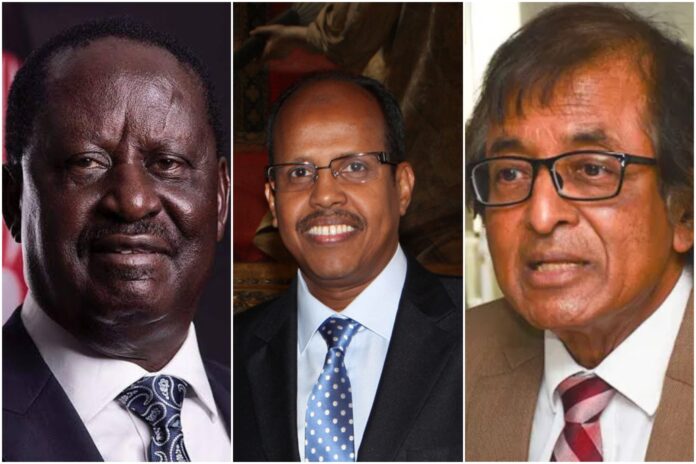ADDIS ABABA, Ethiopia (KAAB TV) – The African Union (AU) has officially launched the process for electing its next Senior Leadership team, set to culminate in the African Union Summit in February 2025.
Member states have been invited to submit candidates’ applications, accompanied by vision statements detailing how they plan to drive the AU’s Agenda 2063—the continent’s ambitious blueprint for sustainable growth and development.
The 2025 elections will determine leadership across all eight senior positions within the AU Commission. The available roles include: Chairperson, Deputy Chairperson, Six Commissioner posts, which cover: Agriculture, Rural Development, Blue Economy, and Sustainable Environment, Economic Development, Trade, Tourism Industry, and Minerals Education, Science, Technology, and Innovation, Infrastructure and Energy Political Affairs, Peace, and Security, Health, Humanitarian Affairs, and Social Development.
Among the front-runners for the coveted Chairperson position is former Kenyan Prime Minister and current opposition leader Raila Odinga. His candidacy is part of a highly anticipated contest, which has also attracted Djibouti’s Foreign Minister Mahmoud Ali Youssouf and former Mauritian Foreign Minister Anil Gayan.
Despite the African Union’s claims of progress and achievements in recent years, the institution is often seen by many as a platform of limited impact, unable to effectively address the persistent conflicts that have ravaged the continent.
Protracted conflicts in Somalia, South Sudan, and the Sahel, along with the Great Lakes region, have made state-building efforts in Africa increasingly difficult. New conflicts in Cameroon, Ethiopia, and Sudan have further undermined stability, raising concerns about the AU’s capacity to fulfill its peace and security mandate.
As Africa seeks visionary leadership for the AU Commission, the next set of leaders will face the monumental challenge of transforming the AU into a more effective and responsive institution capable of addressing the continent’s most pressing issues, particularly in conflict resolution and peacebuilding.


